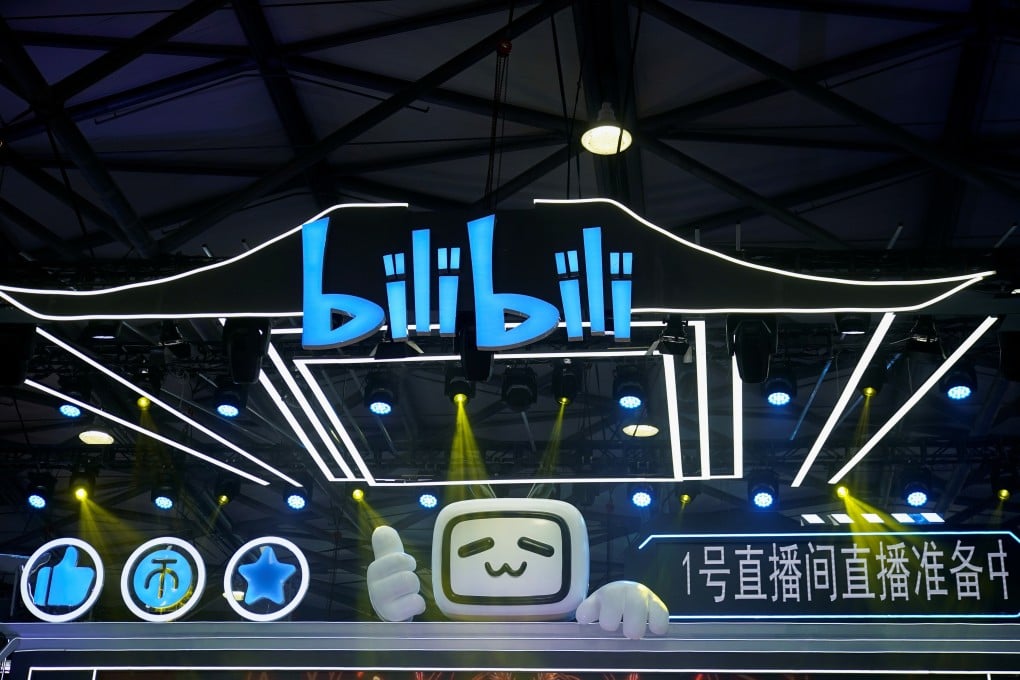Bilibili unveils record number of games despite fears of Beijing’s tighter regulatory scrutiny
- Popular with generation Z users, Bilibili has long been in the gaming business but primarily as a publisher of titles developed by others
- While subscriptions and advertising are new revenue pillars for Bilibili, video games still account for about 30 per cent of the company’s total sales today

Chinese online entertainment giant Bilibili unveiled a record 16 new games at its summer launch event, including six self-developed titles, despite regulatory scrutiny reaching a fever pitch last week after state media criticised video games as “spiritual opium”.
The Shanghai-based company, often dubbed China’s answer to YouTube, on Wednesday revealed its first batch of self-developed video games from an initiative put in place two years ago. Popular with generation Z users, Bilibili has long been in the gaming business but primarily as a publisher of titles developed by others.
“This year we have the highest number of games announced,” a Bilibili spokesperson told the Post. “Last year we unveiled 11 new games, and we announced five titles in 2019.”
Video games have been an important source of income for Bilibili, which has dual listings in New York and Hong Kong. In its early days, they accounted for nearly 80 per cent of total revenue as other revenue sources remained untapped.